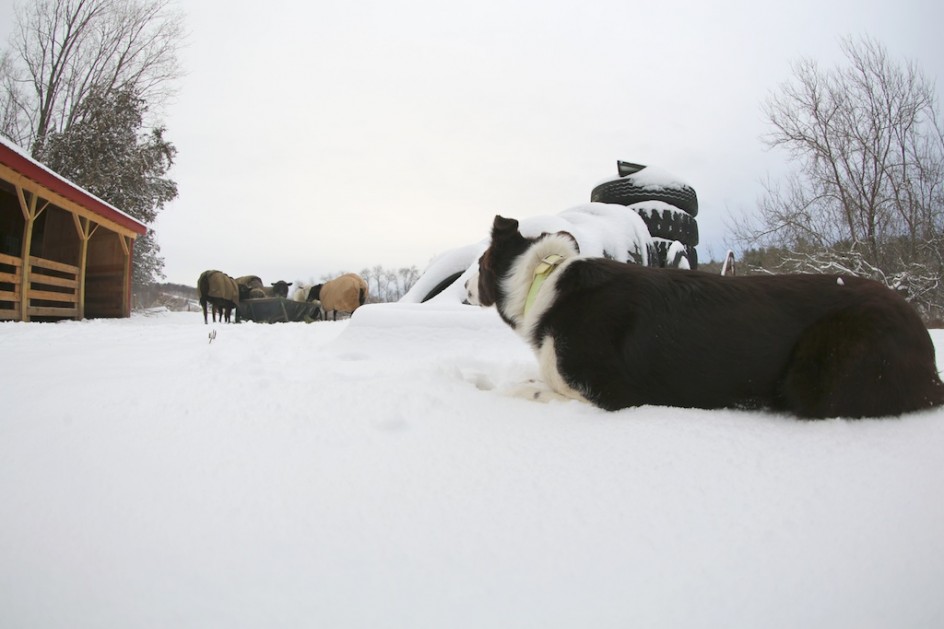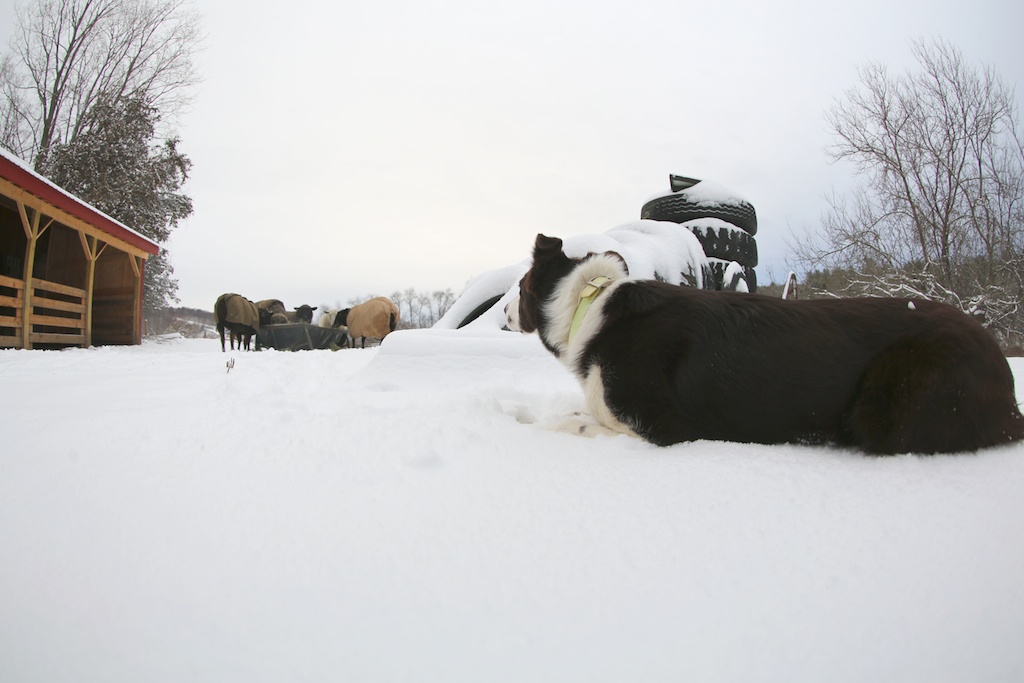
I’ve written 23 books in my life, and it is not surprising that many people come to me and tell me that they want to write a book. I wish I can help them, but I find that most often, I cannot. This is one of life’s lessons I am slow to learn. For one thing, I am not in the business of buying or selling books – agents and editors do that – and my sense of a book is no better than anyone else’s. For another, writers and publishers have done such a poor job of explaining the true nature of book writing – it is so shrouded in hype and drama and mythology – that people quite naturally are confused and misled by the process.
I am a professional writer, so I have to confess that I have dwindling patience and sympathy for people who come up to me – this happens very often – and tell me that their family is so remarkable there is surely a book in it. Or that what they really want in life is to hole up in their homes all day, give up their day jobs, and just write. That is true about as often as a congressman is useful. All of our lives are interesting, anything can be a book. Few things are.
People often tell me that they don’t care about being published or making money, they just are drawn to write a book and tell their story. That is rarely true in my experience either. People do want to get published, and they usually think if they get the chance, they will end up in the window of their local bookstore or make it to the Today Show or Oprah’s flowery couch.
Book writing is changing. There are millions of books out there now, many self-published, many free or sold for pennies. The old idea of the book is fading, like the old dial telephone. Anybody can be a photographer, anybody can be a writer. And is. There will always be a place for professional book writers, and it is a good place. But as with bookstores, the idea of a book is changing, and survivors will change with it.
People tell me all the time that they will not change a thing about the book they want to write – not a title, cover shot or chapter, and if their agent or editor suggests otherwise, then the agents and editors are idiots and fools and they will just get another agent. Good luck with that. Publishers buy the books they want to publish, not the books writers want to write. Then the dance begins. Writers know nothing about marketing and sales and rarely have any useful grasp of the real world. Editors are accountable for their grasp of the real world and if they listen to what writers tell them to do, they will usually be working on their resumes in short order.
People ask me if I ever get writer’s block, and this amazes me and speaks to the mythology and drama fueled by the need for writers to present creativity as a sort of ongoing agony of sacrifice and suffering, the chosen work of the tortured few. People who get blocked don’t get paid and don’t get work. You can’t call your boss and say you are “blocked” and are not coming to work. I can’t either. I would cut my hand off before telling Random House I can’t deliver my book because I am just “blocked.” It is unprofessional, a ludicrous idea. I write all of the time, it is my work. I meet my deadlines and obligations. It is rewarding, it is not a Shakespearean agony, not for me. What a blow to pride and dignity to say I just don’t feel like meeting my responsibilities, my work is dependent on my mood that morning.
People think – they deny this but they believe it – that there is big money in writing books. There is, for about 100 writers. It is very possible to make a living writing, this is the golden age of writing and publishing and blogs in so many ways. But it is not by writing books alone. I think of the useful congressman again – very few people make a living at it. I do, and I am very fortunate. And lucky I wrote so many books and got established before the recession and the digital revolution in publishing. And even then, it is not easy or simple.
For me too, publishing is always about change and the nature and reality of the book changes as well. If you listen to writers talking on NPR, you might think book writing has never changed before in human history. It has always changed, it is always changing. For the new writer, my blog is as important as my books, it is almost impossible to maintain a writing life without working hard on a focused, disciplined and worthwhile blog, and a grasp of new technology. Very few people want to work on those things either. Those that do are taking the beginning steps to being successful lives as writers, and by successful, I mean surviving at it.
Writing a commercial book, at least writing a good one, is complex. It takes years, it is, in fact, filled with anxiety, rejection, confusion. It is a constant negotiation and ballet between the writer and the various forces of publishing – agents, editors, marketers, accountants, designers, vendors, focus groups and reviewers. A friend told me recently that she had dropped her agent because he wanted her to change parts of her book. She wasn’t ever going to do that, she said.
I tried to tell her that just because somebody asks you to change something, it doesn’t mean they are stupid or wrong. Quite often, they are right. They are much closer to the marketplace than writers are, and the marketplace is our daddy, all of us. Another friend said she wanted to write a novel, and she went to work, and when I offered some ideas, she said she had it all figured out and was loving it, doing great, didn’t need any advice. She could take my workshop, I said, maybe a class. She didn’t need that, she said, she just loved writing so much. Later, she told me I was the reason she was writing the book, my encouragement her fuel. And, she wondered, was I available for lunch? I knew this path – she wanted the idea of the book, not the work of the book. I can’t enable that. That, I thought, is not going to work.
A woman came up to me at a talk recently, a Poodle breeder, and she said she came because she wanted to write a book with me about poodles. She’d do it herself, she said, but she hates to type. She asked Maria first, before coming to me? Why would Jon want to type your book on poodles, Maria asked? You mean he wouldn’t?, she said.
I am coming to a place where I understand that it is inappropriate to try and help people who are not students of mine, who are not wiling to really listen and learn. I like to be helpful, I see it as one of my purposes in life, but sometimes you can be most helpful by not being helpful at all.
I love my students in the Hubbard Hall Writer’s Workshop, they are learning that writing is not drama, it is enduring, continuous, painstaking work. They know if they want fame, they have to go to Hollywood or get into politics, and if they want money, head for Wall Street. They are building blogs, writing every day, thinking, re-thinking, learning and listening. They are becoming writers capable of writing books. That is how to write a book. The world is not waiting for our wisdom, at least not mine. Books have to work for the buyers, not just the writers.
I am not God, I have no desire to be God, I only have the answers for myself. And when most people think of a book, they don’t think of it as a work requiring process, outlines, discipline, patience, negotiation and great amounts of time, along with little financial reward, fame or recognition. People bring ideas to it that simply don’t have any relevance to the process. They can do better posting videos on You Tube. I know writing a book is like that and I love it.
But I am learning – about time – I can’t help other people write books and just ought to say so. Boundaries are the structure of connection and self-awareness. Perhaps creativity too.

